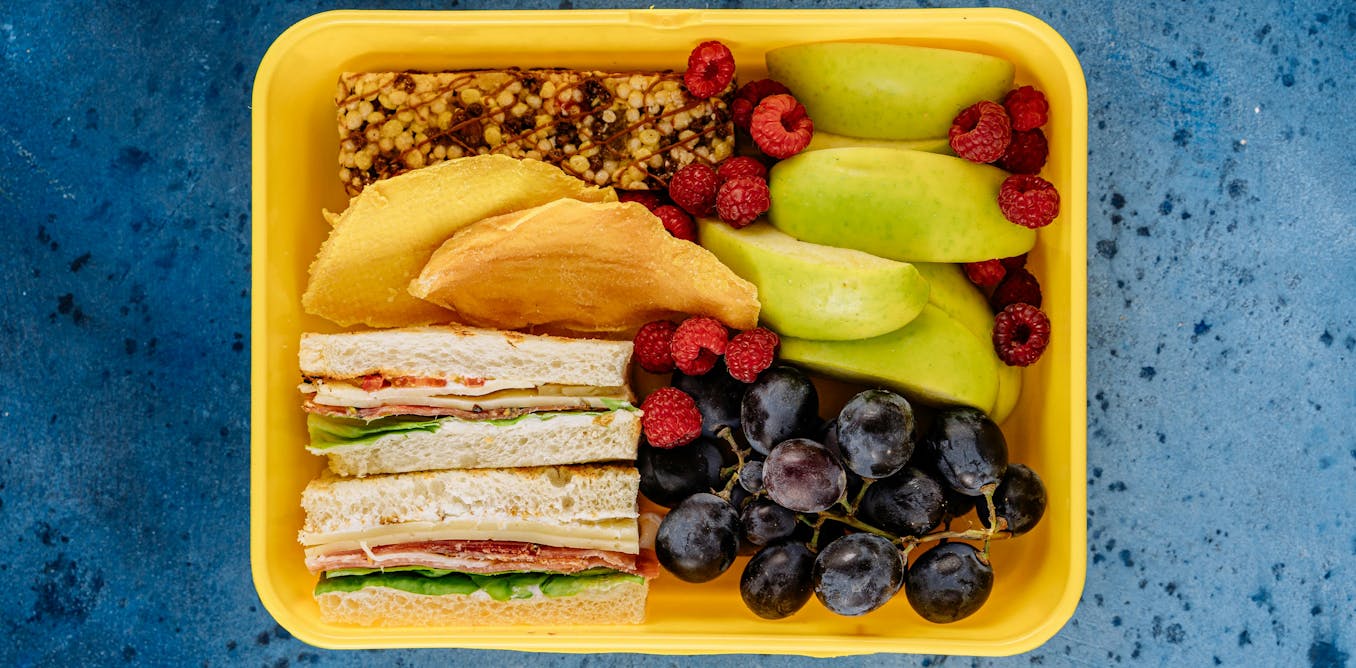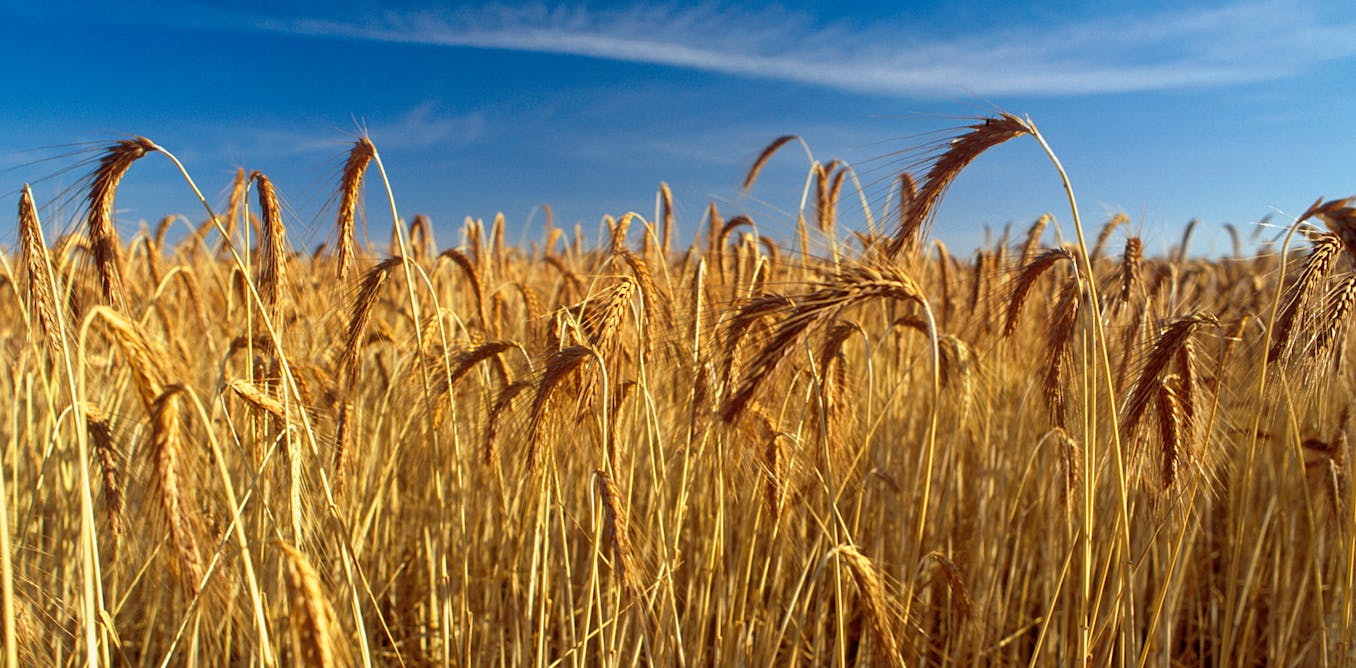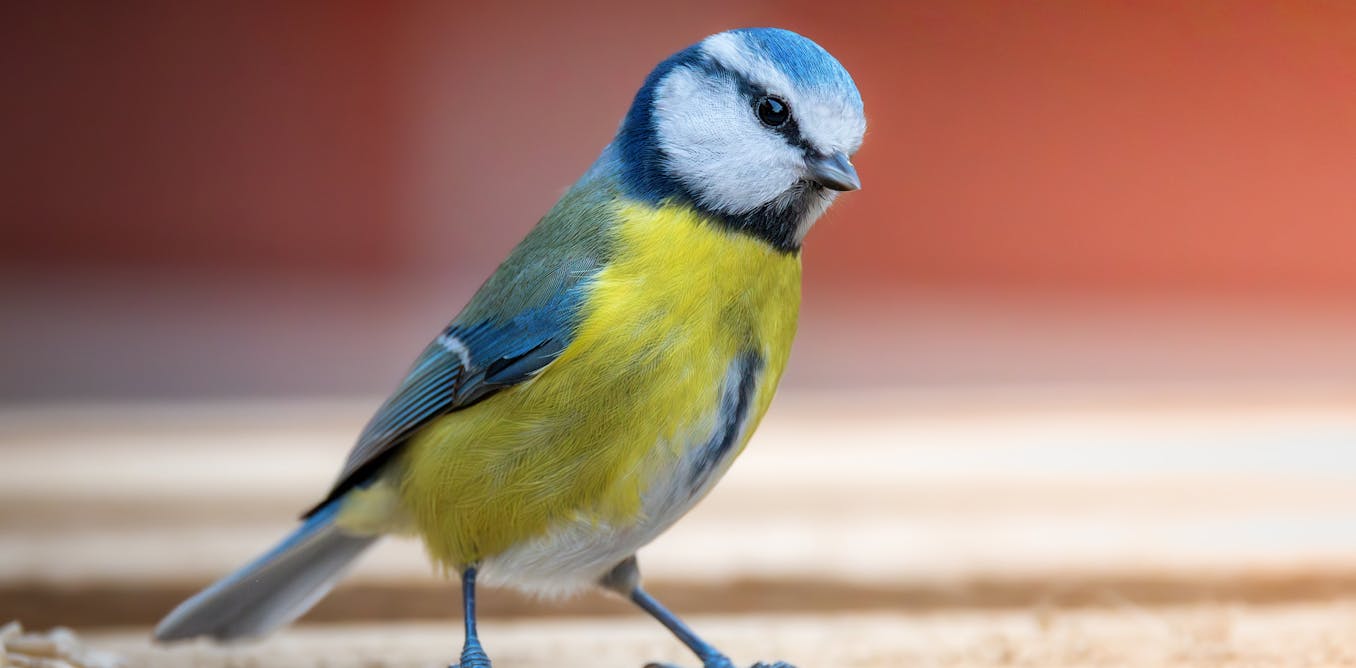Spain obliges supermarkets, retailers and restaurants to reduce the amount of food waste. An average of 31 kilos of food per Spaniard ends up in the rubbish each year. The new rule requires edible goods to be donated, and products close to their best-before date will be reduced in price. Companies that refuse to participate will be fined.
1.3 billion tonnes of food are thrown away every year globally. Food waste is responsible for about 10% of the CO2 emissions which harm our climate. Most of the food that ends up in the bin is still edible. In Spain, an average of 31 kilogrammes of food waste is thrown away per year/person.
The Spanish government, led by socialist Prime Minister Pedro Sánchez, is now taking measures to minimize this loss. That’s why the government has proposed a bill that would impose penalties on companies that produce food waste they could avoid. If the bill is passed in the Spanish parliament, the law could come into force as early as the beginning of 2023.
“PLEASE WRAP UP” – FREE BAGS FOR LEFTOVERS
The law itself requires companies such as food producers, supermarkets or restaurants to develop plans for reducing and implementing food waste. If they chose not to participate in this, they could face fines of between 2,000 and 60,000 euros.
Luis Planas, Spain’s Minister of Agriculture, Fisheries and Food, calls the draft “groundbreaking” and hopes it will help raise awareness of the value of food in addition to effective waste prevention. After all, for him it is also an ethical issue: while almost 700 million people worldwide suffer from hunger, tons of food end up in the rubbish in rich countries.
COOPERATION WITH FOOD BANKS AND AID AGENCIES
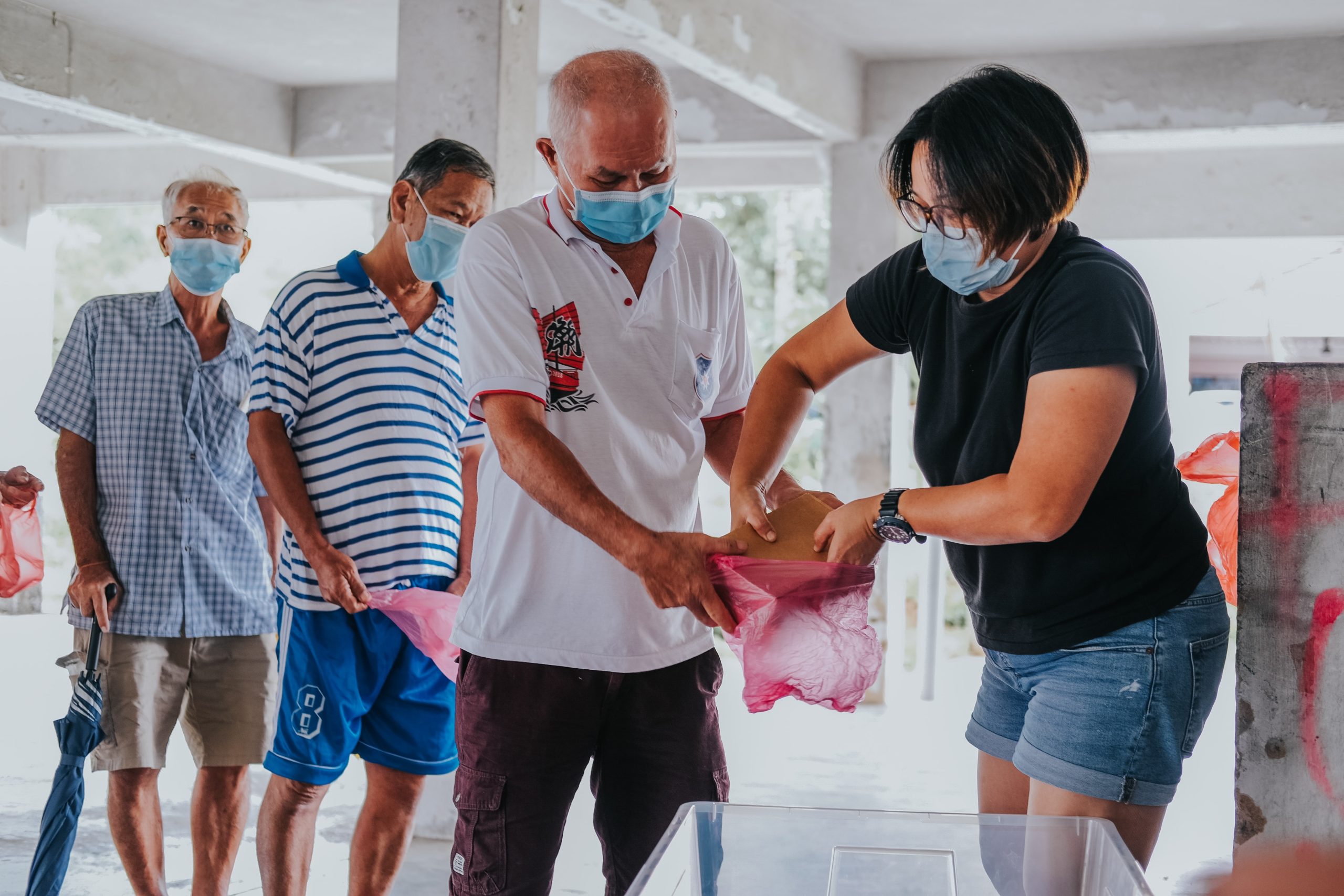
An easy way to prevent food from ending up in the rubbish is to take food home from restaurants. “In pubs, bars and restaurants, consumers should have the right to take home food that they have not eaten, so that they can eat it there,” explains Planas. In the future, guests will be given free bags so that they can take food home. A practice that is not yet common in Spain.
EDUCATING CONSUMERS AS AN IMPORTANT MEASURE
The new law also aims to oblige supermarkets and restaurants to cooperate with aid organisations such as food banks. Larger companies will also have to present plans for donating food before its best-before date. Food in supermarkets will be reduced in price if the best-before date is approaching. And if the food can no longer be consumed, the law suggests processing it into food for animals or use it to produce biofuels.
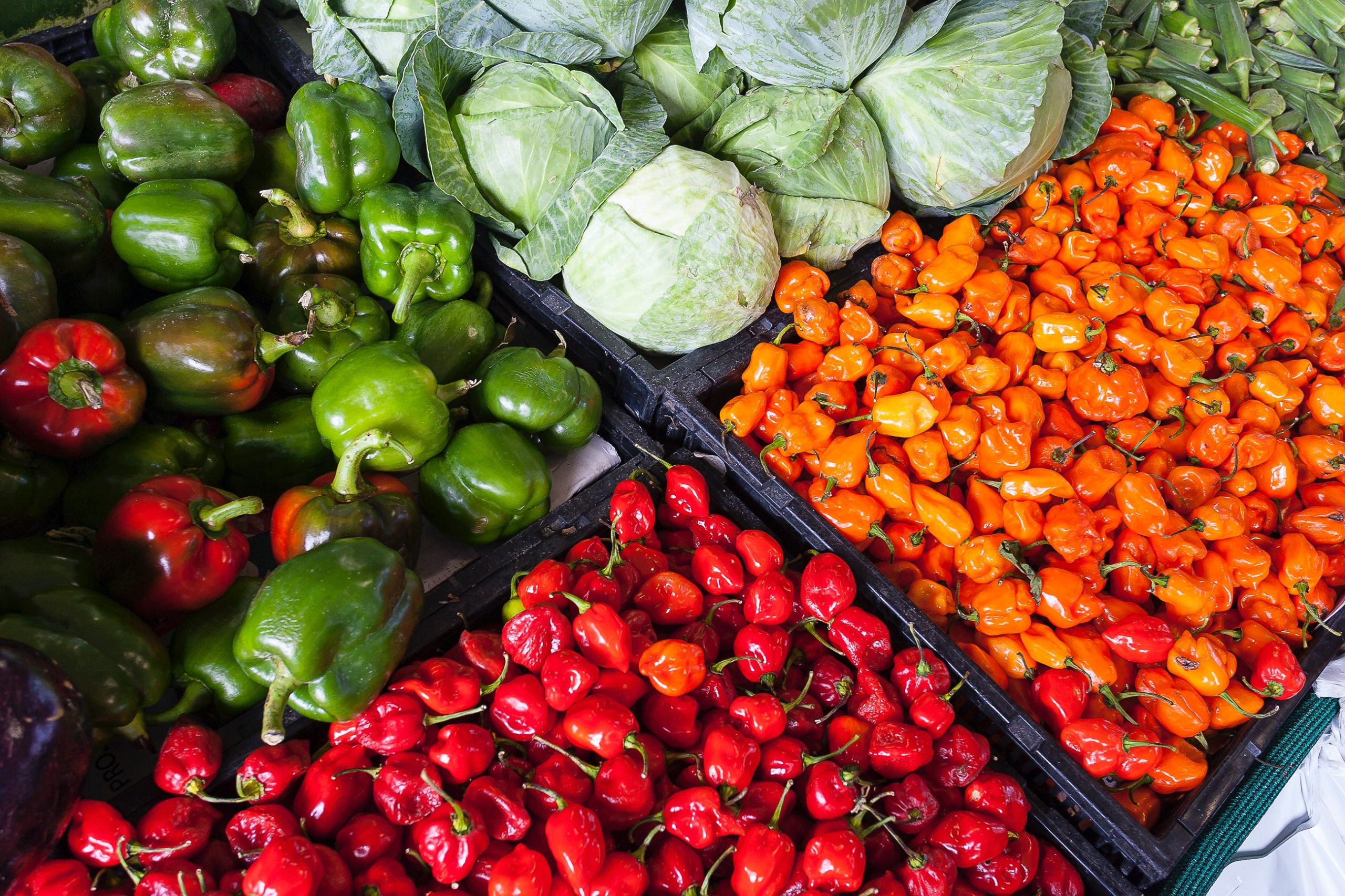
The government has found that the majority of food waste comes from private households. Across the EU, 53 per cent of all food waste is generated by consumers. But instead of fines, Spain is focusing on education campaigns to change the populations behaviour and make their consumption habits more sustainable.
FRANCE AS A GLOBAL PIONEER – ITALY HAS FOLLOWED SUIT
In 2016, France became the first country in the world to ban supermarkets from throwing away or destroying food which had not been sold. Over the years, other regulations have been added. In particular, traders have been banned from rendering unsold products unusable for consumption. For example, before that, the practice was to empty chlorine over rubbish bins so that discarded food could no longer be eaten. France has set itself the goal of reducing food waste by 50 per cent by 2025.
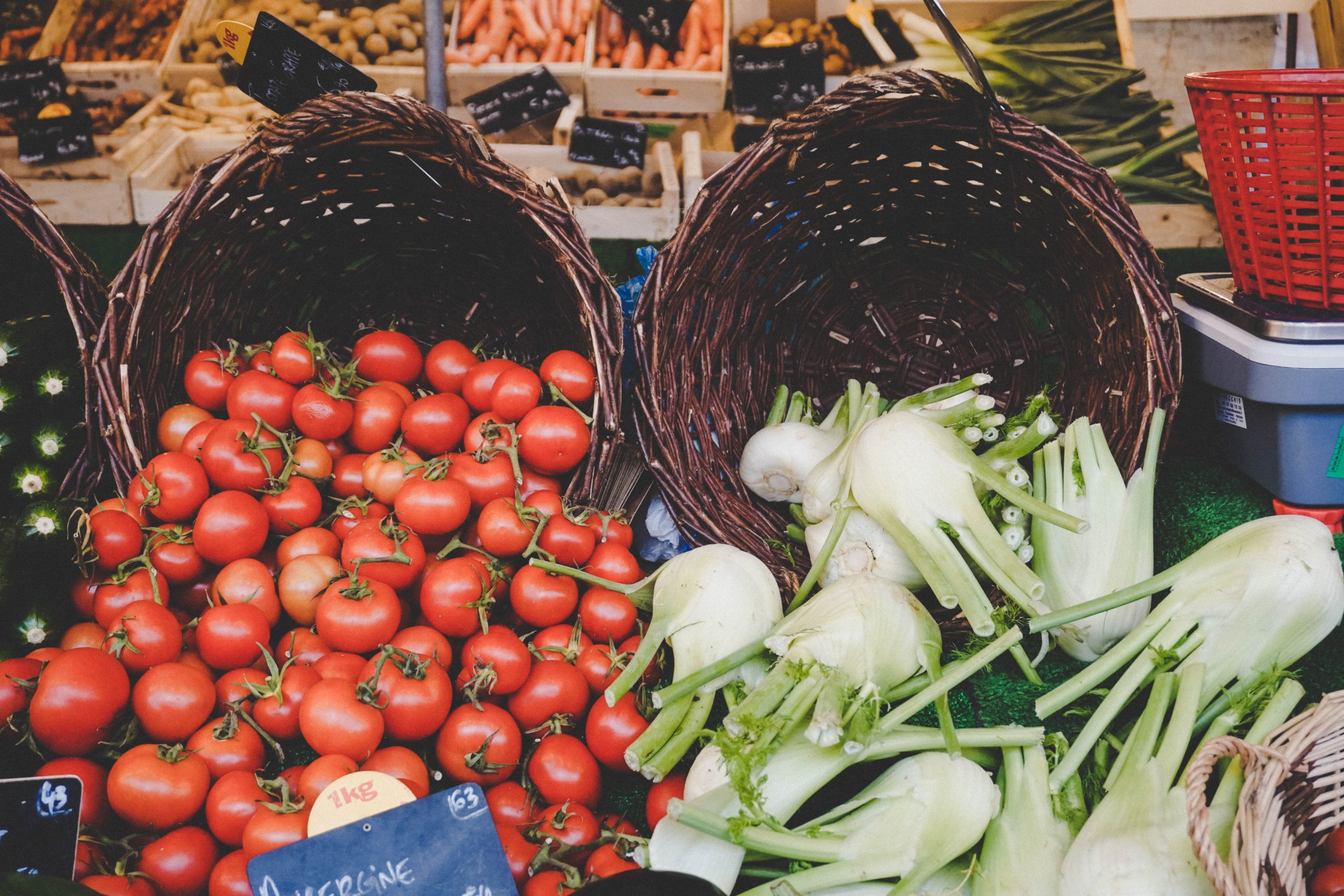
Italy has also introduced requirements for companies to reduce waste at each stage of the food supply chain. Just like in Spain, the focus here lies on donating unsold products. However, Italy focuses on tax relief as a positive regulation for those following this idea instead of fines for non-implementation.
The rights to the content remain with the original publisher.
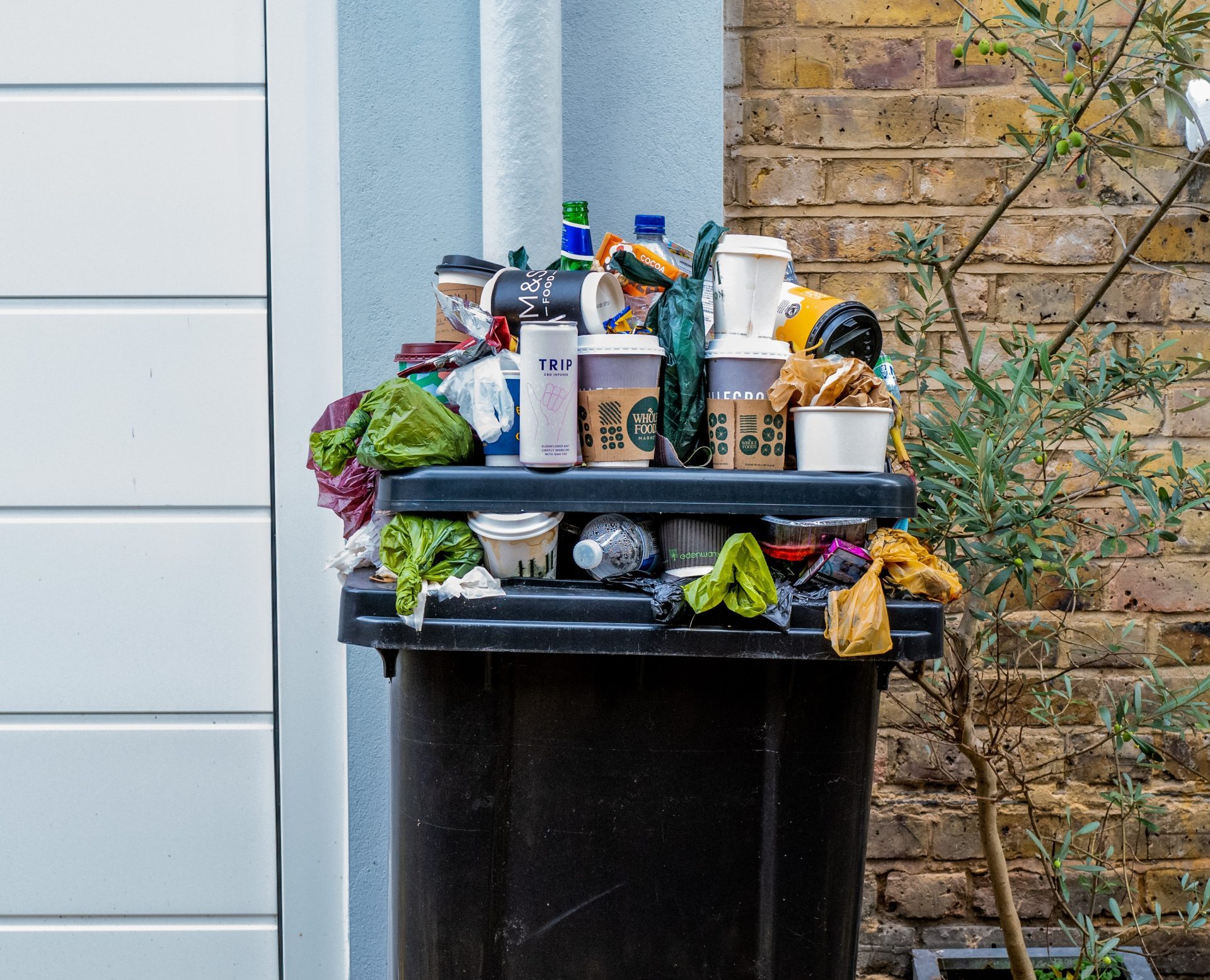
The article Penalties for wasting food: Spain holds companies accountable by Kontrast.at was published on 19/06/2022 by scoop.me









